By Sharon McInnes
Earlier this month I went to San Miguel de Allende (SMA), in the mountains of central Mexico, to attend the 10th anniversary SMA Writers Conference, where keynote speakers included Gloria Steinem, Jane Urquhart, and Alice Walker. It was, in a word, fabulous.
On my first day in SMA, however, I discovered there was a lecture on
The Birds of San Miguel, hosted by the local Audobon chapter, at the library
in town. Obviously, I skipped out of the writing workshop I’d signed up for and
headed to the library. The speaker, Signe Hammer, is an extremely knowledgeable
expat birder who leads birding walks around SMA and at El Charco del Ingenio
(the Puddle of the Genius?), a wonderful botanical garden and
natural reserve on the outskirts of SMA.
I’d been in SMA over twenty-four hours by this time so had already seen or
heard a few birds, although not nearly as many I’d expected. When I mentioned
this to someone at the lecture, he reminded me that we were at six thousand feet
and the weather at the time was unseasonably cold – down to seven or eight
degrees Celsius at night. Many of the local birds, he said, were keeping warm
at lower elevations for a while. I could empathize, having left my jeans
and wool sweaters at home!
It did warm up in the afternoons, though (when it wasn’t raining) as you can see
from this pic of me in the Plaza being egged (they’re filled with confetti)
by some local boys!
The day after the lecture, armed with the local Audobon field guide booklet of local birds,
I started identifying the unfamiliar birds I did see – when I wasn’t at the writing conference that I had paid good money for. There were plenty of House Sparrows (passer domesticus) and Rock Pigeons (columba livia), of course, everywhere,
at all times. I liked the colouring on this guy.
Since I didn’t bring my camera to SMA – a hazard of my carry-on only policy –
most of the photos below are Creative Commons licensed and in the public domain.
The ones without this designation were taken be me – not necessarily in SMA,
but you’ll get the idea. THANK YOU to all the photographers who’ve
so generously shared their work with the world!
In the mornings I woke to the cooing of Mourning Doves (zenaida macroura) …
… and to the song of the ubiquitous White-winged Dove (zenaida asiatica).
Initially, I thought I was hearing some particularly meek and submissive
Barred Owl because the four notes of the song of the
White-winged Dove – who cooks for you? – are reminiscent of –
although much softer than – the call of that owl
that Gabriolans know so well!
I fully expected to see Rufous Hummingbirds (selasphorus rufus) in SMA,
since I always see them in abundance in Puerto Vallarta, and wonder
if the ones I’m watching are the very ones that visit our feeders on Gabriola
in the spring and summer. But in SMA I saw no Rufous Hummingbirds.
Perhaps SMA, designated a World Heritage Site, is too high for them?
Or had they already left on their journey north? (If you know, please comment.)
I did see, however, the resident Violet-crowned Hummingbird
(amazilia violiceps) with its red bill and white breast,
feeding in the garden of the B&B I stayed at.
This stunning species, which breeds in arid scrub,
is typically a mountain species.
Another morning I woke to the call of a Golden-fronted Woodpecker (melanerpes aurifrons) in the trees outside the B&B. Such a nice way to greet the day.
On the day before I left SMA, I went to El Charco. You can read about this important site here: http://www.elcharco.org.mx/Ingles/index.html.
The highlight of my morning there was seeing a flock of 8-10 Groove-billed Anis (crotophaga sulcirostris). They look positively prehistoric – perhaps they are?
I stood with my binoculars glued to my head for an inordinate length of time,
gazing at these odd-looking members of the cuckoo family. My bird walk companion, David, a retired ornithologist, said he’d never seen an Ani there before;
it was an exciting moment for both of us.
Another exciting moment for me was seeing, for the first time, the spectacular
Vermilion Flycatcher (pyrocephalus rubinus),
which lives in Central America year round.
Later, over La Presa, the El Charco reservoir, we saw an immature Red-tailed Hawk circling and on the water a variety of ducks – Pintails, Mexican Mallards
(not of the same family as “our” mallards, although they sound the same),
Blue-winged teals, Ring-necked Ducks, American Avocets, Black-necked Stilts, a Snowy Egret, an American Coot.
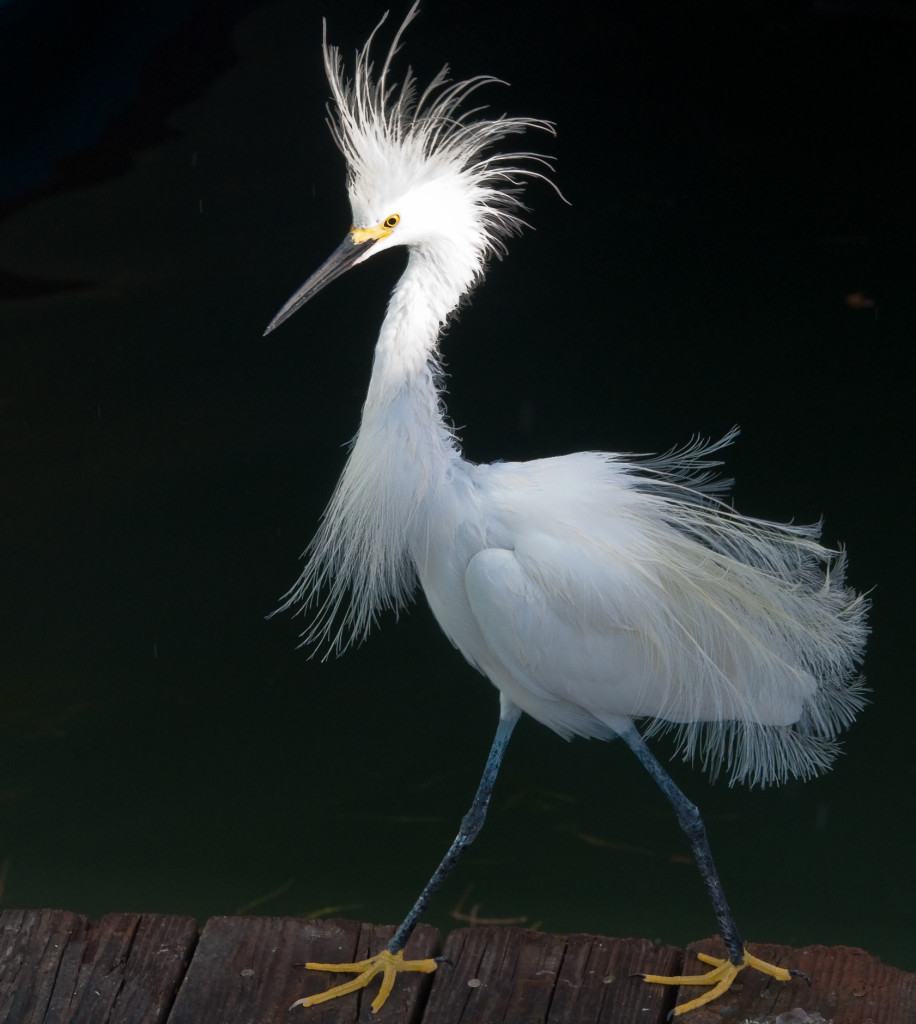
Snowy Egret in full plume. Photo by Jason Engman. CC license. The Snowy I saw in SMA was NOT in full plume but this is such an amazing photo, I wanted to include it.
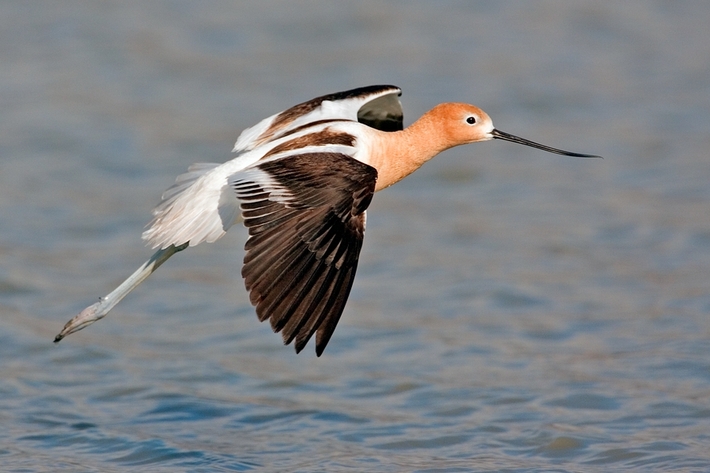
American Avocet, Bullgate Dike, Summer Lake Wildlife Refuge, Oregon. Photo by Alan D. Wilson at www.naturespicsonline.com
On the rocks near the dam a Great Kiskadee (pitangus sulphuratus) rested in the sun.
On the mudflats a Cattle Egret (bubulcus ibis) searched for food.
Finally, along the pathway back to the El Charco Visitor Centre, a variety of sparrows, including Chipping, Clay-coloureds, Brewer’s, White-crowned, and
a Canyon Towhee, popped in and out of the scrub to grab food.
It was a lovely birding day! BUT I did not see a Curve-billed Thrasher or a Phainopepla or a Ruddy Duck with its blue bill, all known to inhabit El Charco.
I guess I’ll just have to go back next year and try again!
When I do, I’ll bring my camera – and some warm clothes!



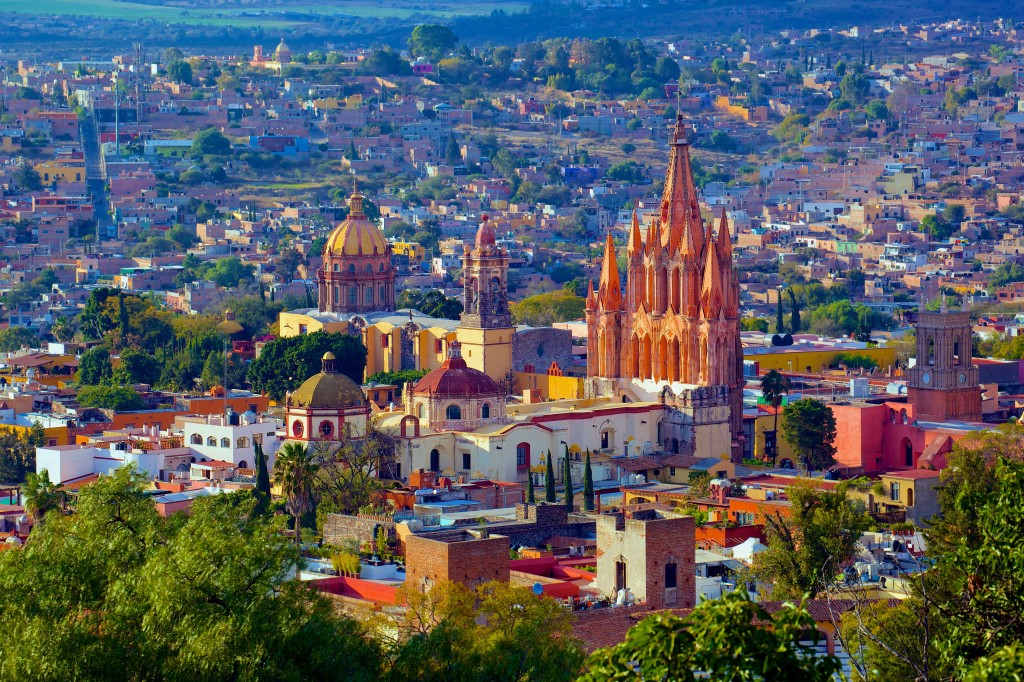

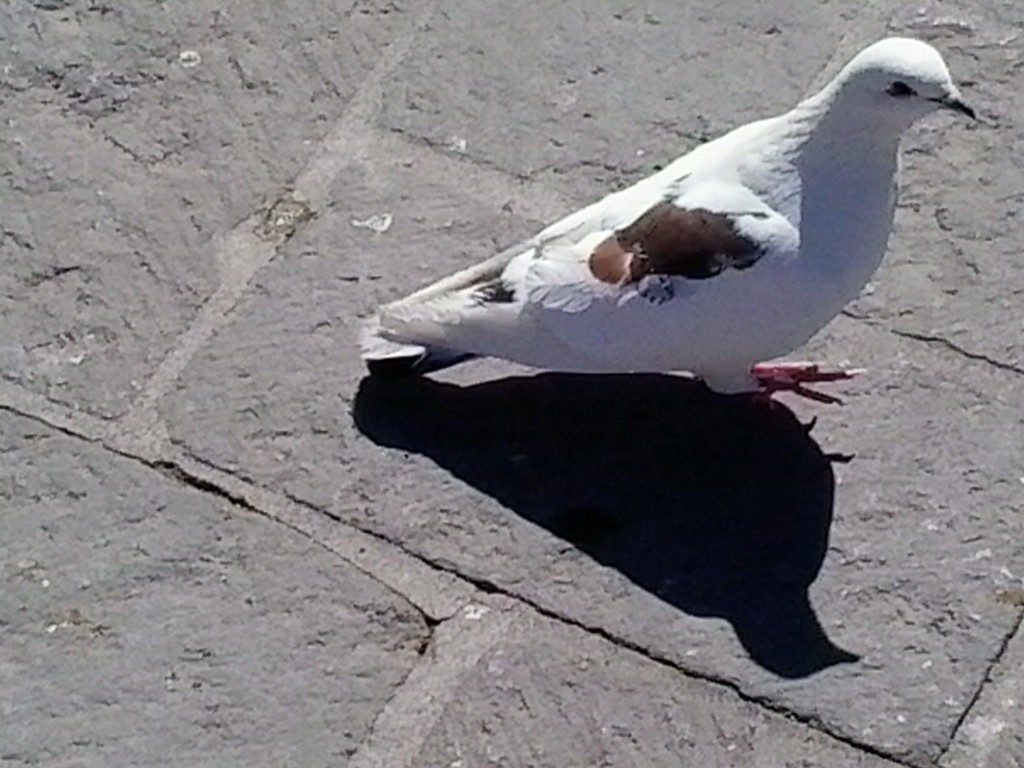
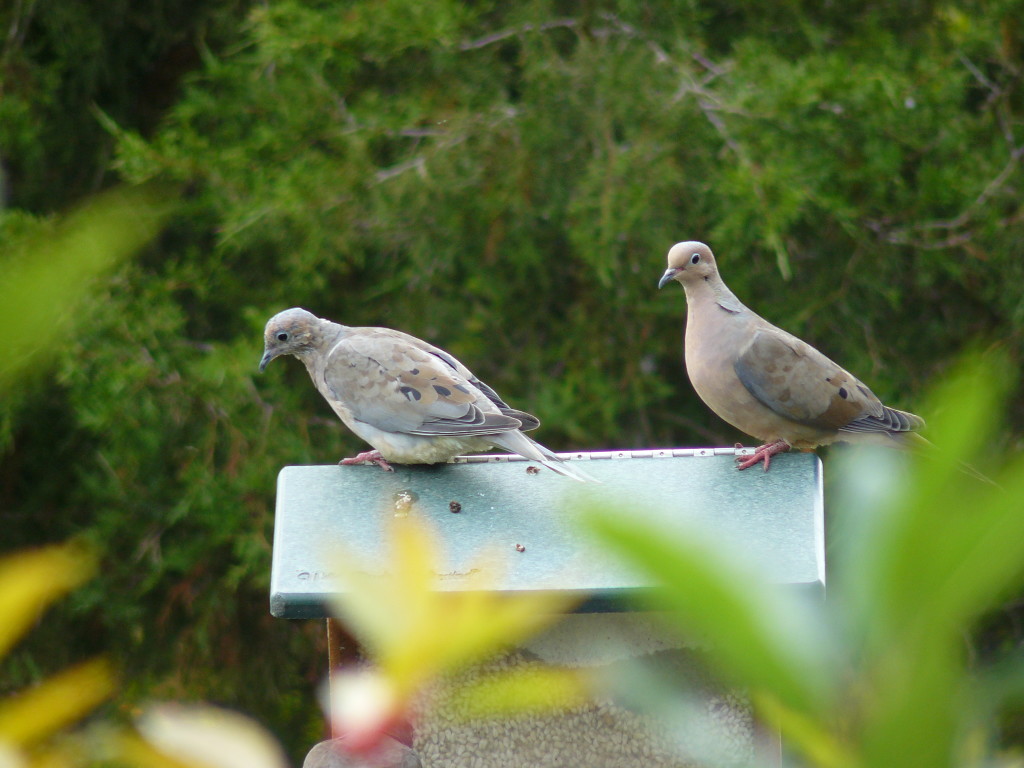
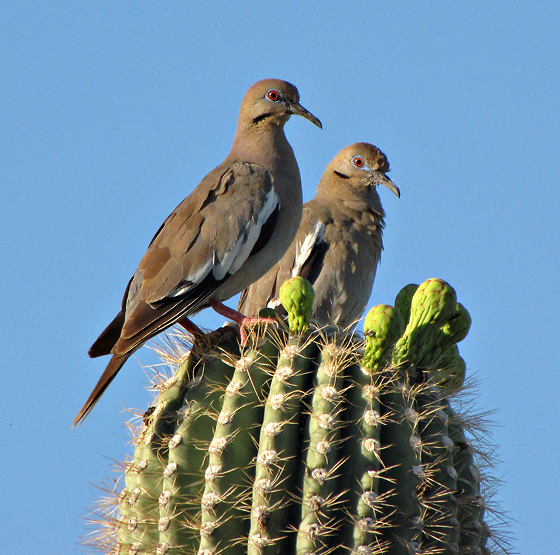
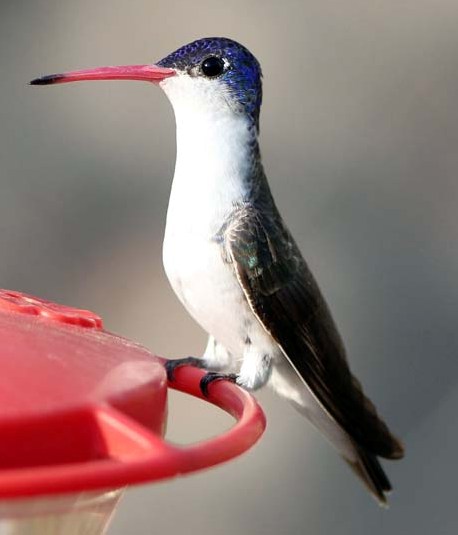
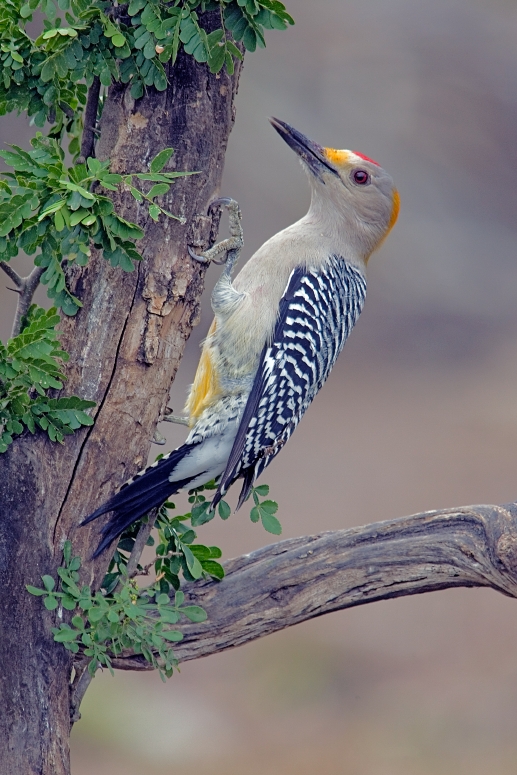
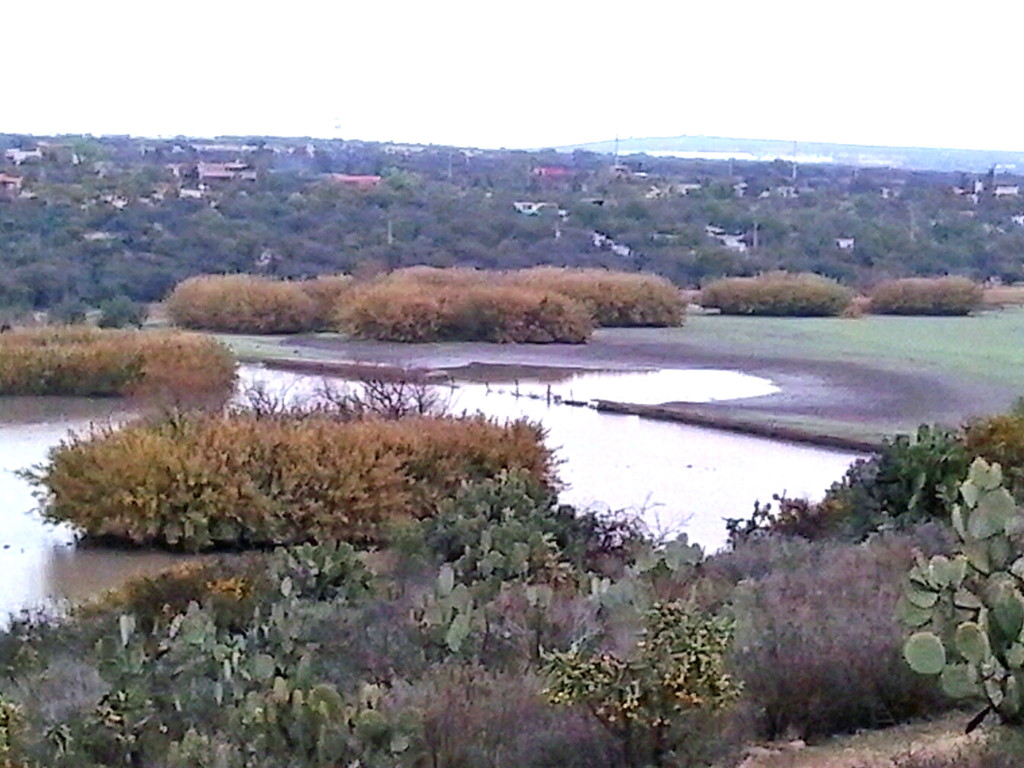
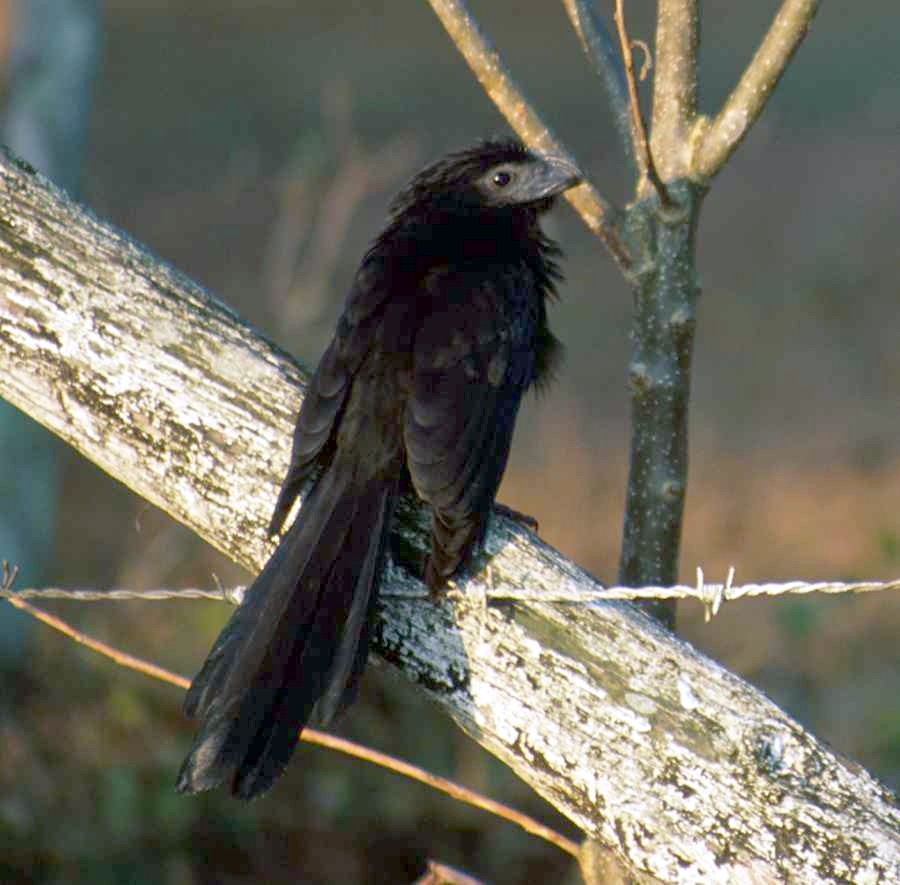
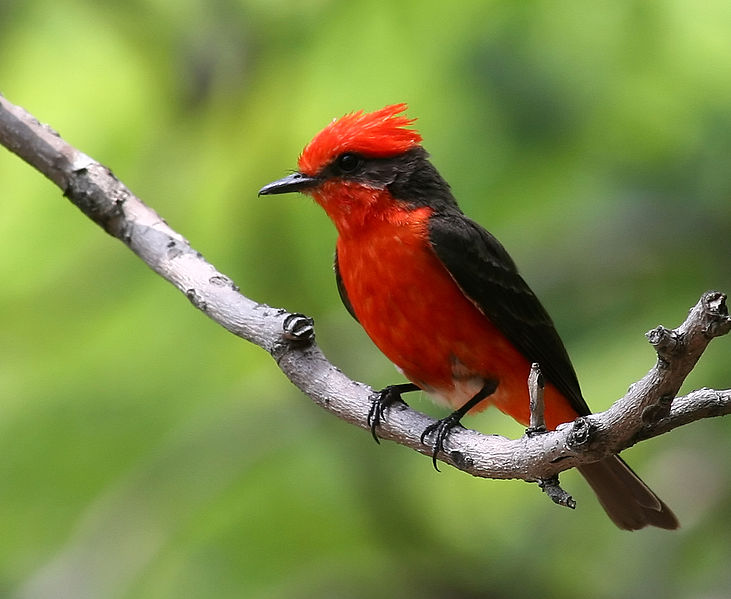
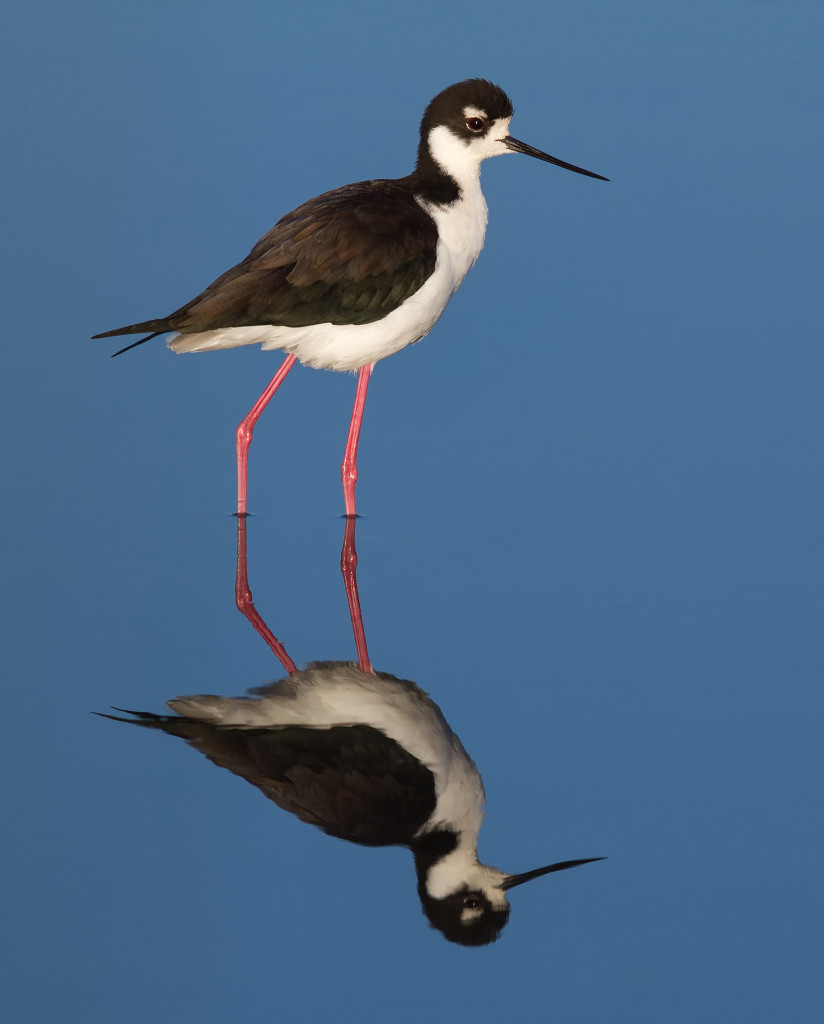
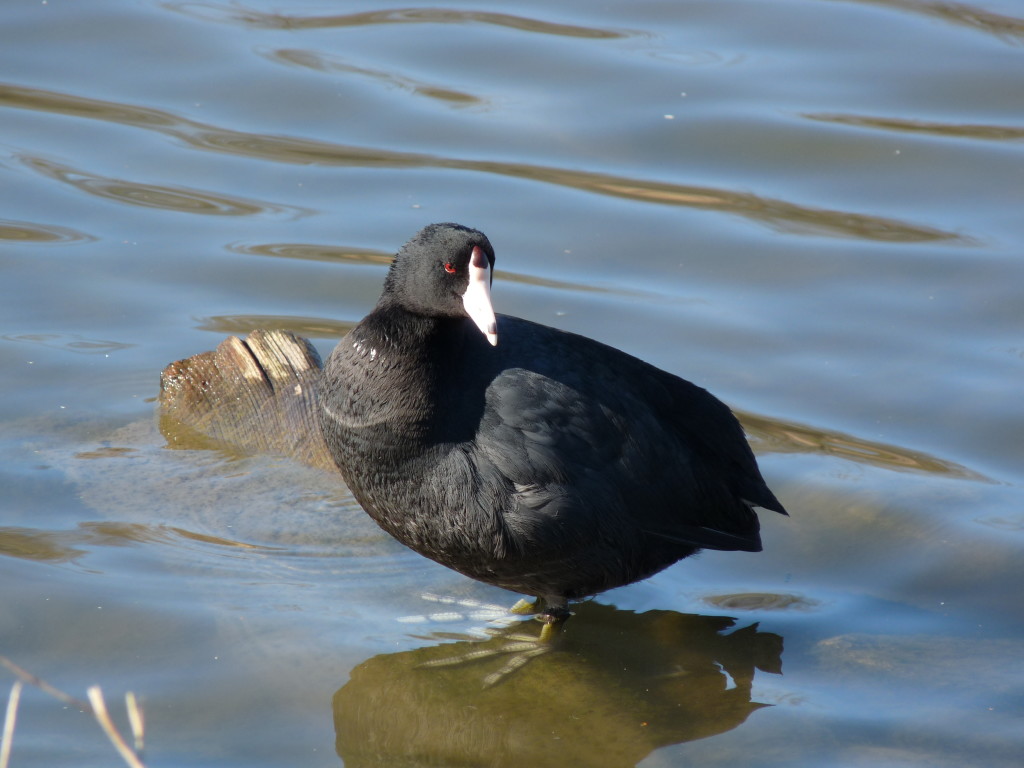
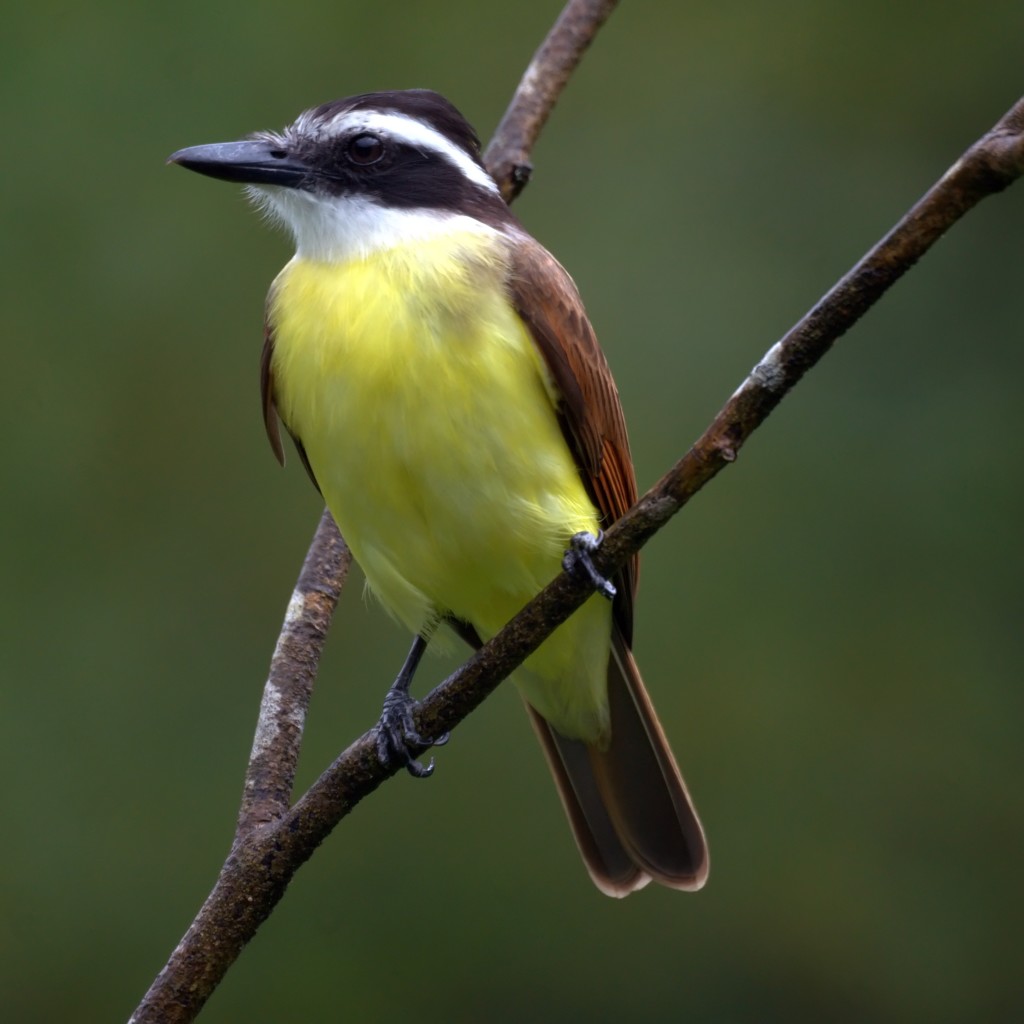
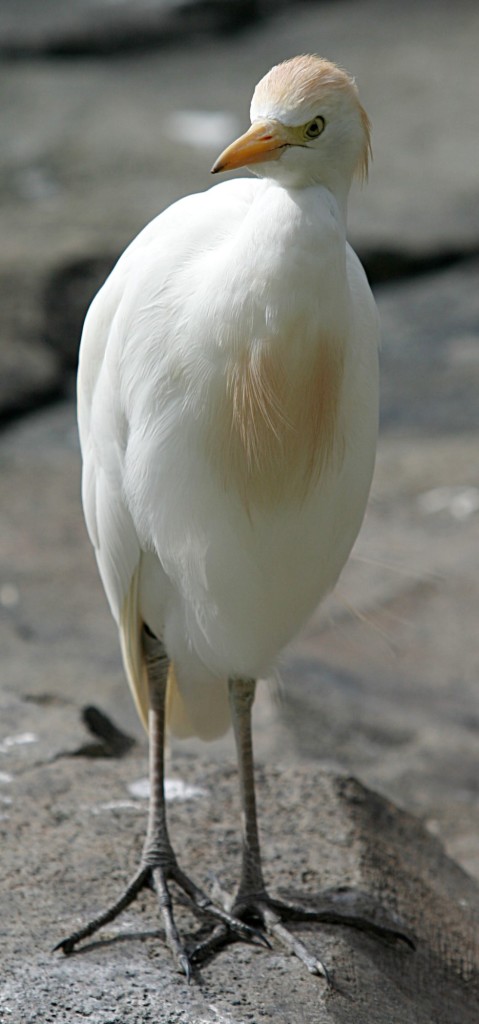
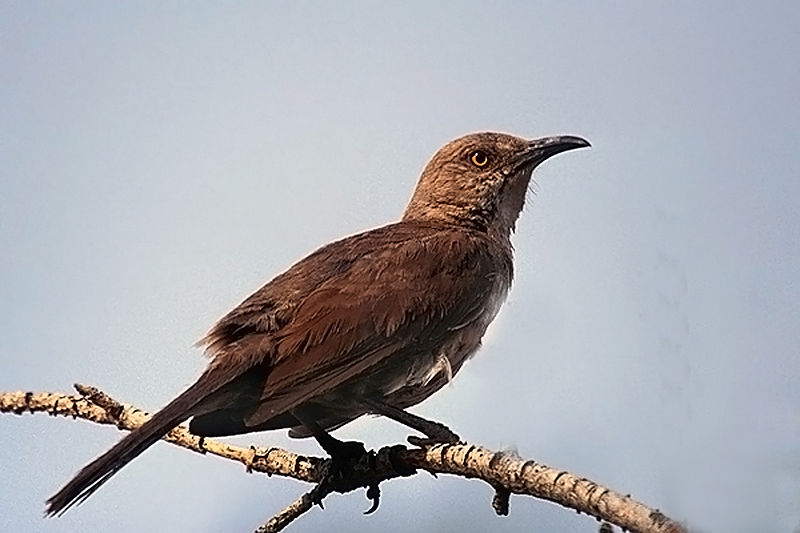
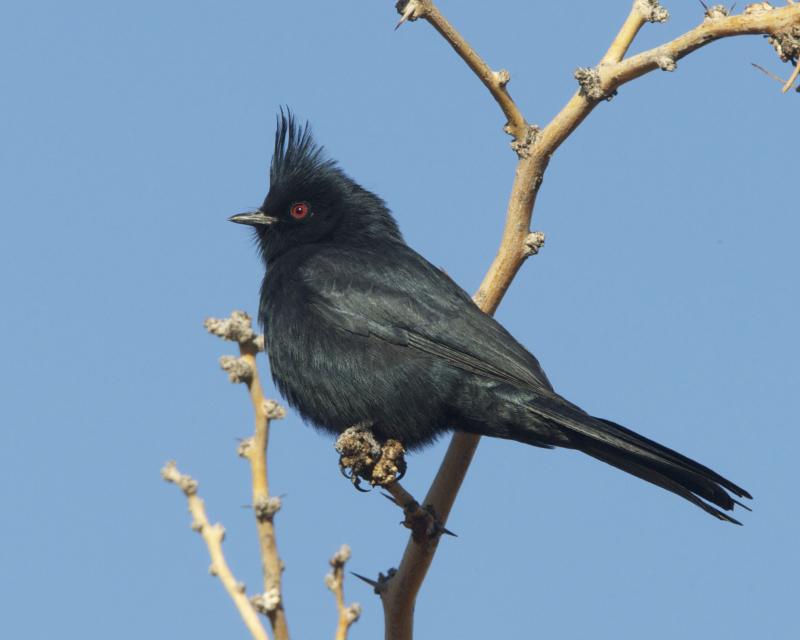
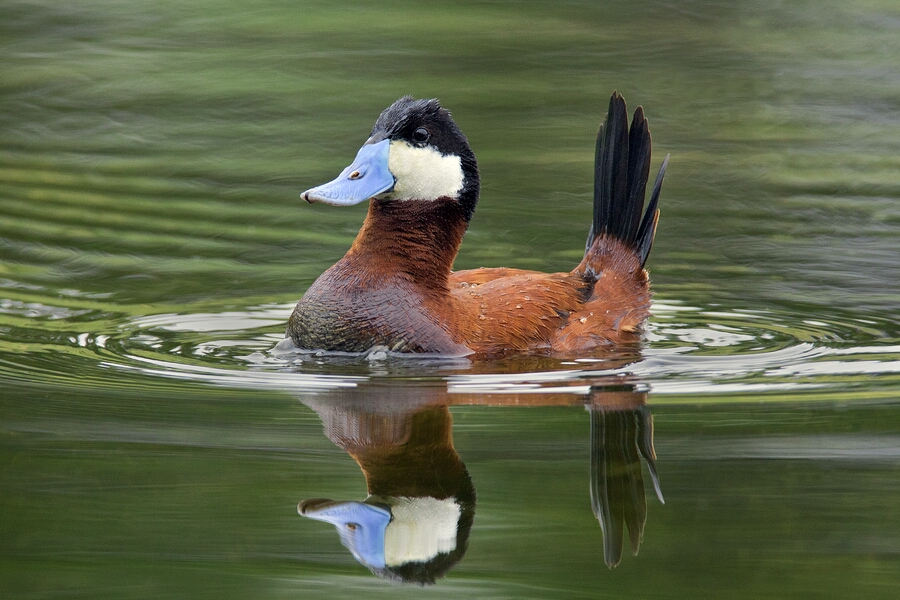
Hi Marjie – Glad you enjoyed the post. It’s true – once your eyes open to the little critters, they’re everywhere!
Oh, my, my! I do believe I’ve been bitten (or pecked?) after just two of these wonderful articles. Even before seeing the breathtaking pictures of reds, yellows, sands and blue, I found myself about-facing this afternoon on the icy, but mercifully melting, downtown Montreal sidewalk this afternoon when I spotted a gaggle I little somethings chirping away on bare branches! What were they? And now I see them everywhere! Thanks, Sharon
Thank you, Ann!
Dear Sharon, thank you so much for sharing these exquisite bird creatures in San Miguel de Allende, and for that your keenly educated eye and mind of yours!
San Miguel’s de Allende’s rich store of glorious birdlife, is spotted by your keenly educated eye. Thank you so much Sharon for sharing these exquisite creatures.
Thanks Rosena – great idea!
Marty: If you are heading to Puerto Vallarta and are interested in birds, do take in the Annual Vallarta Bird Festival, March 5 – 8. I attended the last three and they are extremely interesting, with great field trips as well as lectures. See http://www.vallartabirdconservancy.org for more info.
Kristin – Yes! I was surprised. Those kids really got into the egg-smashing on my tender old head!! Between the writing conference and the birds and the wonderful people of SMA, it was a fantastic holiday. See you soon!
The expression on your face is priceless, Sharon, and I imagine that you felt the same sense of surprise and pleasure from seeing the amazing birds, and seeing the famous writers too. What a fulfilling and action-packed holiday.
Marty – The PV Botanical Gardens are great. (A city bus goes up there regularly.) I have fond memories of sitting upstairs in the outdoor restaurant with my binos peering at the parrots flying by. Plus, those Magnificent Frigatebirds are too magnificent not to get a closer look at! Buen viaje!
Thank you… I am about to head to Mexico PV. This post encourages and inspires me in the fact one never knows what to expect when traveling. I am planning on a visit to a botanical garden while there and I will have a camera. Debating if I want the extra weight of binoculars … Now I am sure I do as I think I will see birds that I will want a closer look at.